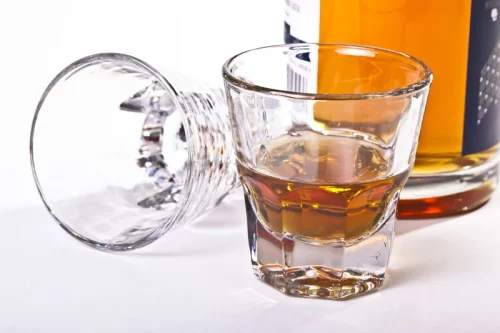Alcoholic Neuropathy: Causes, Symptoms and Diagnosis

However, when there is an illness affecting the kidneys, it becomes difficult to filter out all those chemicals. Patients who suffer from nerve damage can feel tingling or burning-like sensations in their arms and feet. The condition progresses very slowly for months to years and almost always will affect the lower limbs. alcohol neuropathy As a result, patients struggling with alcohol abuse are also at risk of undernourishment. This will have a serious adverse effect on multiple metabolic pathways and will also influence the nervous system. Constant alcohol misuse depletes the liver of all the proteins and nutrients it needs to function properly.

A connection between MEK/ERK signaling and alcoholic neuropathy

Since nutritional deficiencies are partly to blame for alcoholic neuropathy. To combat these deficiencies, supplementation with vitamin B12, folate, vitamin E, and thiamine may be recommended. In general, it takes years for alcoholic neuropathy to develop, so a long-standing history of heavy alcohol use is typical.
How do I take care of myself or manage symptoms of peripheral neuropathy?
Peripheral neuropathy can result from traumatic injuries, infections, metabolic problems, inherited causes and exposure to toxins. Prognosis is generally better in patients who are healthy and well nourished. Recovery is presumed to be due to regeneration and collateral sprouting of damaged axons.
- Your doctor will need to rule out other potential causes for your symptoms.
- If your drinking is out of your control, know that many treatment options are available.
- Clinical features of alcoholic peripheral neuropathy develop slowly, extending over a period of months and include abnormalities in sensory, motor, autonomic and gait functions.
- SSRIs have been studied in a few trials which have demonstrated a weak analgesic effect but the clinical relevance of these compounds is questionable [119].
- Acetyl-L-carnitine has been tested in clinical [102] and animal studies [103] for the treatment of chemotherapy-induced peripheral neuropathy.
rs.onload = function()
Vigilant foot care and the use of shoes with an enlarged toe box are useful in preventing foot ulcers. Physical therapy and orthopedic appliances (such as splints) may be needed to maintain muscle function and limb position. Motor nerves are the nerves responsible for all voluntary skeletal and somatic movement such as moving the leg or arm.
Progressed disease
- Several mGluR subtypes have been identified in the superficial dorsal horn of the spinal cord [76, 77] and on primary afferent fibres [78].
- The lack of thiamine in the nervous system affects the cellular structure and can cause cell membrane damage and irregular ectopic cells.
- When you pair them with alcohol, you can make the neuropathy worse.
Seek medical care right away if you notice unusual tingling, weakness, or pain in your hands or feet. Early diagnosis and treatment give you the best chance for controlling your symptoms and preventing further damage to your peripheral nerves. According to a 2017 review, muscle myopathy is common in alcohol use disorder. In addition, about 40 to 60 percent of people who experience chronic alcohol misuse also experience alcohol-related myopathy. Most patients with alcohol neuropathy initially present with symmetrical polyneuropathies in the lower distal extremities; however, heavier abuse can progress to distal upper extremity symptoms. The most common findings are sensory-related and vary, including pain, numbness, and paresthesias.

History and Physical

Heavy and chronic drinking is also often tied to nutritional deficiencies. Someone who struggles with alcoholism may replace meals with alcohol, take in a lot of empty calories, and not maintain a healthy and balanced diet. Alcohol can also deplete the body of essential nutrients, and thiamine (vitamin B1) deficiency is common in people who battle alcoholism. Malnutrition due to alcoholism can contribute to nerve damage and alcoholic polyneuropathy as well. The US National Library of Medicine (NLM) warns that around 50 percent of long-term heavy drinkers will suffer from alcoholic neuropathy.
A fresh look at risks for developing young-onset dementia
- Keep reading to learn about the different types of alcohol-related neurologic disease and its signs and symptoms.
- Especially if you have been drinking heavily for many years, coping with alcohol use disorder is not easy.
- It is a condition that affects up to 66% of chronic alcohol abuse patients.